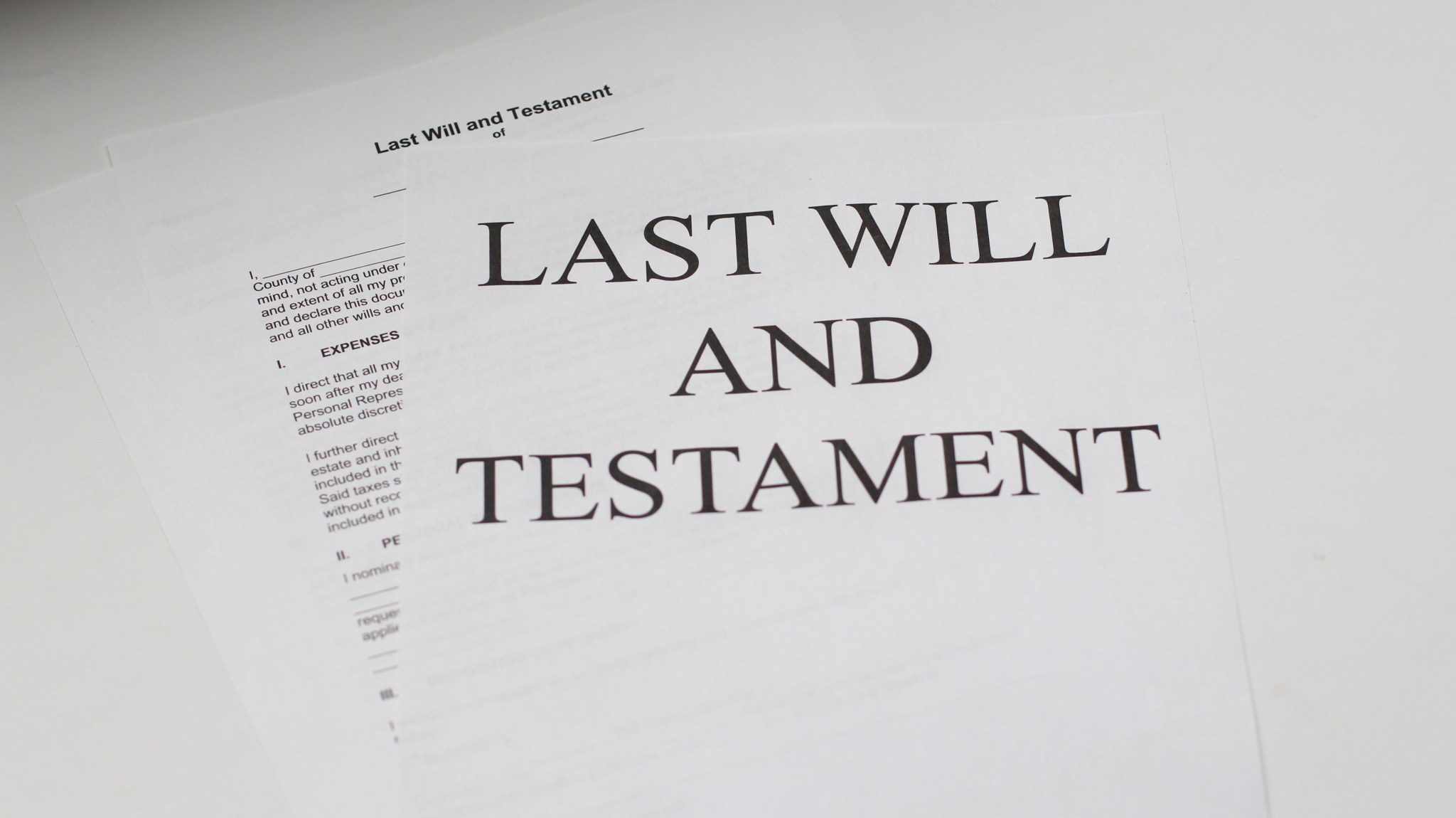 Estate planning is a vital aspect of securing your legacy and ensuring the well-being of your loved ones after you’re gone. A crucial component of this process is making a will, a legal document that outlines your wishes regarding the distribution of your assets. In this article, we’ll explore the ramifications of dying without a will and delve into the compelling reasons why making one is essential.
Estate planning is a vital aspect of securing your legacy and ensuring the well-being of your loved ones after you’re gone. A crucial component of this process is making a will, a legal document that outlines your wishes regarding the distribution of your assets. In this article, we’ll explore the ramifications of dying without a will and delve into the compelling reasons why making one is essential.
Dying without a will (intestacy)
When someone passes away without a will, their estate is subject to the rules of intestacy. This means that the state determines how assets are distributed among family members. Unfortunately, this often leads to several challenges, including:
- Distribution of assets: The absence of a will leaves the fate of your assets in the hands of legal statutes, potentially resulting in outcomes that may not align with your wishes.
- Delays and legal complications: Intestacy can cause significant delays and legal complexities, making the process more burdensome for your loved ones.
- Lack of control: Without a will, you forfeit control over decisions regarding your estate, leaving your family with limited say in the matter.
Consequences for loved ones
The consequences of dying intestate extend beyond the legal realm and can profoundly impact your loved ones, potentially causing:
- Family disputes: The lack of clear instructions often leads to family disputes over asset distribution, straining relationships during an already challenging time.
- Financial strain: Delays and legal proceedings can result in financial strain for beneficiaries, as they navigate unexpected costs and uncertainties.
The Importance of making a will:
Recognising the potential pitfalls of dying without a will underscores the importance of proactively creating one:
- Expressing intentions: A will allows you to articulate your intentions clearly, ensuring that your assets are distributed according to your wishes.
- Avoiding intestacy laws: By having a will, you avoid the limitations and complications associated with intestacy laws, providing a smoother process for your loved ones.
- Protecting loved ones: The emotional and financial well-being of your loved ones is safeguarded when you take the time to create a comprehensive will.
Choosing an executor and guardianship
Beyond asset distribution, a will allows you to appoint an executor to carry out your wishes and, if necessary, designate guardians for minor children. These decisions can be crucial for the well-being of your family.
Updating the will
Estate planning is an ongoing process. Regularly reviewing and updating your will ensures that it remains relevant, reflecting changes in your life such as marriages, births, or alterations in financial status.
The consequences of dying without a will can be far-reaching, impacting not only the distribution of assets but also the emotional and financial well-being of your loved ones. Taking the time to create a will is a powerful act of love and responsibility, providing peace of mind for both you and your family.
For personalised advice and assistance in creating a robust will, consult with the legal professionals at Hutchinson Thomas Solicitors. Our experienced team can guide you through the process, ensuring that your wishes are legally sound, and your loved ones are protected.
If you would like more information or advice on any issues relating to wills, trusts or probate, contact Simon Thomas on 01639 640164 or email simon.thomas@hutchinsonthomas.com
